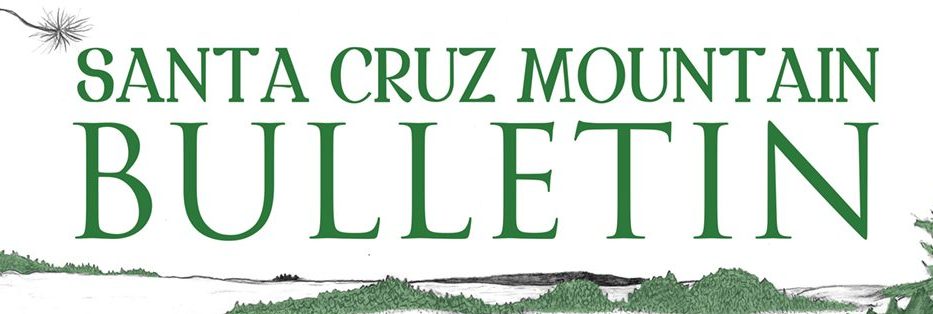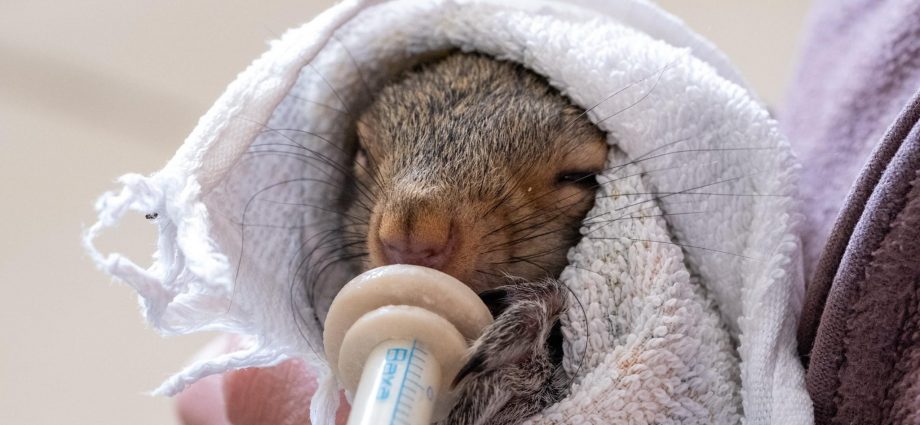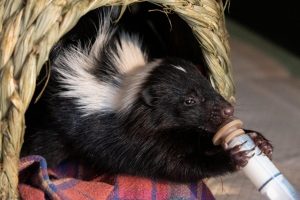Baby Season and Native Animal Rescue
At Native Animal Rescue we have our busy season. Spring and summer is when a majority of the wildlife have babies in order to give them a better chance of survival. Some of our frequent calls are about baby birds which we call branchers or fledglings depending on the age. When fledglings or branchers are about to leave the nest they will hop around from branch to branch and attempt to fly from branch to branch in order to strengthen their wings. Sometimes they will end up on the ground and unable to get back up and into the nest. So the parents will continue feeding the fledglings on the ground which will sometimes last for a few days . We recommend that you leave the fledglings alone if there’s no threat of cats or dogs. If that is the case then sometimes making a makeshift type nest in a shoebox or basket and nailing it high up into a tree where the parents can continually feed it until it can fly. At the same time we recommend monitoring it from a distance to make sure it’s being fed otherwise if not, we suggest bringing it down to us at Native Animal Rescue.
Squirrel Season
Squirrel season is a little more frequent, it happens twice a year between December and February and then again in late June through August. Squirrels give birth in early spring February through April or late summer August through September. In our Santa Cruz mountains our frequent calls are when squirrels fall out of a nest. A majority of the time the parents will come down and bring the baby squirrel back to the nest. Sometimes that takes a little while. When we receive those calls we recommend if there’s no threat to the baby being on the ground to leave the squirrel and monitor it from afar to see if the parents retrieve it.
Sometimes there’s a threat of pets on the ground so we recommend if there’s any way, to put some redwood debris in a shoebox or a basket and hang it from a branch close to the main trunk up high on the tree where the parents can come down and retrieve it. We only recommend this during daylight hours for squirrels are non-active after dark. If the parents don’t retrieve the squirrel within a few hours, call us at NAR as soon as possible.
We hear a lot of times people trying to feed baby squirrels puppy formula or kitten formula. We strongly advise against that. We have a special formulated nourishment especially for squirrels that we administer after we’ve hydrated with Pedialyte to transition the babies that have been brought to us that are no longer getting mom’s milk.
Several important factors play into nursing these delicate babies:
The amount of cc required per their weight, if they’ve been stimulated to eliminate prior or after feeding. The temperature of the squirrel along with the rate of feeding to prevent aspiration. It’s pretty common when untrained individuals try to feed a baby squirrel and they end up with fluids in their lungs, aspirate and die.
These are just some of the important factors to give people an idea why it’s so important to call us at Native Animal Rescue immediately when finding young wild life. We will always give you the best advice when it comes to the safety of the animals, whether it be us directing you on how to give the parents a chance to retrieve the young or sending out one of our volunteers to pick it up. Asking on social media does not always get the proper advice so giving us a call should always be step number one, first and foremost. Or if you must ask questions on social media, ask if there are any Native Animal Rescue volunteers that anyone can tag. Since we are a volunteer organization, we only take phone calls during the day. Several of us volunteers will offer our cell phone numbers to you after hours, for advice to help the animals through the night until you can either get it down to us at 1855 17th Ave. Santa Cruz, the following morning or one of our volunteers can pick up the injured animal.
Baby Skunks
Skunk mating season is between February and April. Mother skunks give birth to a litter of 2 to 10 babies or kits as we call them. By the eighth day kits are able to release their musk from the scent glands. At three weeks they open their eyes and nurse from their mother for about eight weeks. Then the mother starts weaning them and they start venturing out with their mother to hunt and forage.
Around July or August the male babies disperse and become independent, their sisters will usually remain with mom through nearly their first year of life. Unfortunately many skunks do not survive the first year falling victim to harsh winters, automobiles, infectious diseases, poison and of course prey to numerous other wildlife such as birds of prey, bobcats, foxes, mountain lions and coyotes. Due to these different catastrophes skunks live an average of roughly three years.
Same applies to baby skunks when encountered by a person. Is the baby out foraging and mom is nearby? Is the baby over 10 weeks old and probably trying to make its way in life to find its own home and territory? Once they disburse from mom they will venture 3 to 10 miles from where they were born. So we recommend when you see a baby skunk if you can take a picture of it with your camera phone and give us a call at Native Animal Rescue and we can help you assess the animal and take the next steps to help it or leave it be. Same applies with baby raccoons.
All baby wildlife requires special feeding techniques, formulas, handling, and a majority of them are illegal to possess. So whenever you run across them and you’re not sure, please give us a call. Our full-time rescue and rehabber expert Amy Redflower is always available for wildlife and for any one in the community with questions or concerns.
Native Animal Rescue 831-462-0726
https://www.nativeanimalrescue.org/



